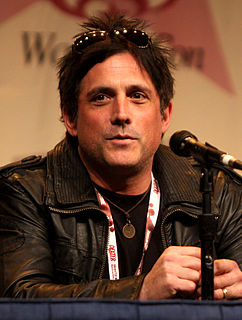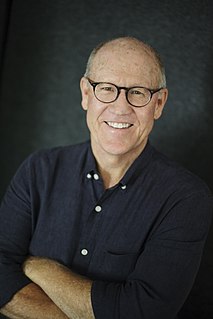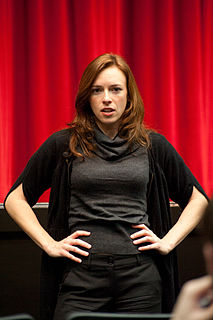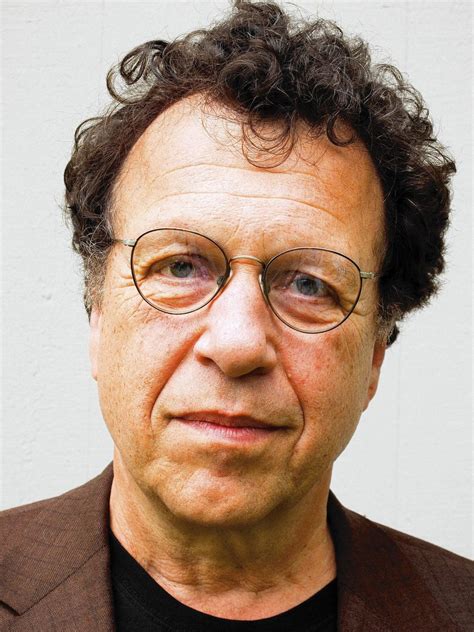A Quote by R. J. Cutler
I always find myself gravitating toward stories of transformation, and one of those periods is teenage life. When teenagers are figuring out who they are and have one foot in childhood and the other in adulthood - I think that's a really mythic moment to tell stories about.
Related Quotes
Life is painful sometimes. It touches everyone, so you may as well try to look for other answers and find peace. So, it is difficult to write those types of things because nobody wants to tell sad stories. I think that I'll always tell stories about human hope. I would love to be able to tell somebody, "It's okay. It's all right. Be a good person." That's what my job is, in life.
What does it matter, if we tell the same old stories? ...Stories tell us who we are. What we’re capable of. When we go out looking for stories we are, I think, in many ways going in search of ourselves, trying to find understanding of our lives, and the people around us. Stories, and language tell us what’s important.
Humans are kind of story-propagating creatures. If you think of how we spend our days, think of all the time you spend on entertainment. How much of your entertainment centers around stories? Most pieces of music tell stories. Even hanging out with your friends, you talk, you tell stories to each other. They're all stories. We live in stories.
I liked myths. They weren't adult stories and they weren't children stories. They were better than that. They just were. Adult stories never made sense, and they were slow to start. They made me feel like there were secrets, Masonic, mythic secrets, to adulthood. Why didn't adults want to read about Narnia, about secret islands and smugglers and dangerous fairies?
As an activist, you do find yourself directed more toward public action. But I've always tried to use stories from my own life in my writing for instance. It has always been clear to me that the stories of each other's lives are our best textbooks. Every social justice movement that I know of has come out of people sitting in small groups, telling their life stories, and discovering that other people have shared similar experiences. So, if we've shared many experiences, then it probably has something to do with power or politics, and if we unify and act together, then we can make a change.
I really am just trying to tell stories. But stories are often grounded in larger events and themes. They don't have to be - there's a big literature of trailer-park, kitchen-table fiction that's just about goings-on in the lives of ordinary people - but my own tastes run toward stories that in addition to being good stories are set against a backdrop that is interesting to read and learn about.
I love telling stories. I think of myself as a storyteller, and I don't feel bound by being just a singer or an actress. First, I'm a storyteller, and history is stories - the most compelling stories. There is a lot you can find out about yourself through knowing about history. I have always been attracted to things that are old. I have just always found such things interesting and compelling.
I think science has a better story to tell than anyone else has been able to tell and that's because it's based on the rigorous winnowing that science and scientists are always doing in order to find out what's really happening. I think it's really good to encourage generally our ability to tell stories and that's a great skill that we come by naturally, so I'm excited about that.
AS SOMBRAS DA ALMA. THE SHADOWS OF THE SOUL. The stories others tell about you and the stories you tell about yourself: which come closer to the truth? Is it so clear that they are your own? Is one an authority on oneself? But that isn't the question that concerns me. The real question is: In such stories, is there really a difference between true and false? In stories about the outside, surely. But when we set out to understand someone on the inside? Is that a trip that ever comes to an end? Is the soul a place of facts? Or are the alleged facts only the deceptive shadows of our stories?



































